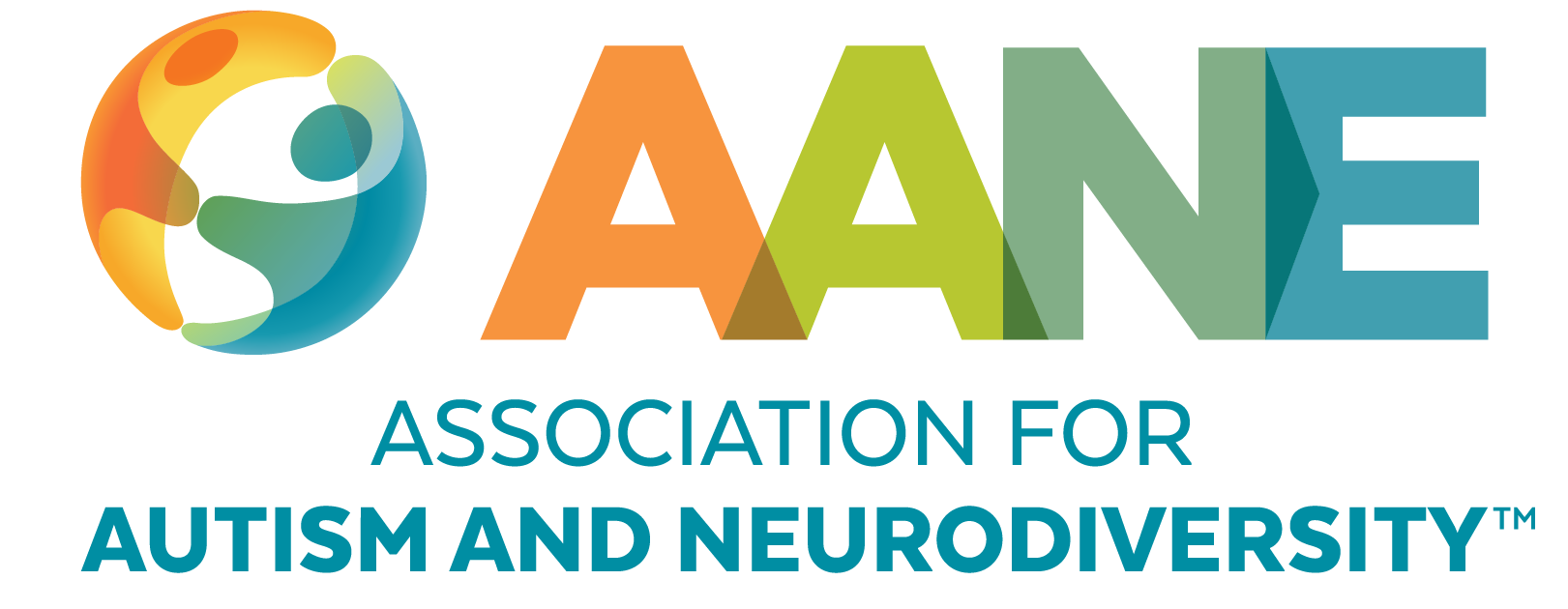
Adult Life
AANE is here to help you feel connected, understood, and empowered.
You may be an older adult who is curious if you are Autistic, or you may have just finished school and want to know what the future holds, or you might be returning to AANE because new questions have come up. Wherever you are in the process, we are committed to making sure that you have access to information that will help you to understand yourself, access support, and connect with other Neurodivergent individuals.
Questions about autism or AANE’s services?
Schedule a call to speak with a member of AANE’s staff, or fill out a form to be contacted by email.
Transition to Adulthood
For many, the transition to adulthood is filled with anxiety and uncertainty about the future. AANE can provide Autistic individuals and their parents and family members with the information and resources to help make this transition easier.
We can help discern which skills and experiences may be needed to help prepare for life after high school. And, because we serve the whole lifespan at AANE, our support, and resources remain available throughout adulthood.

Video: Transition Planning for Youth with Autism
From Public Schools to Postsecondary Education, Employment, and Adult Life

Preparing for Life's Transitions
"Throughout the lifespan, we are all faced with many different kinds of transitions in all areas of our lives."

The Interdependence Mindset
"Although our society pushes the idea of independence, very few people (no matter their neurology) are completely independent."

Finding My Independence
"Being diagnosed explained a lot and helped me to better understand myself and how I see the world."
Life Skills
Each person may find they have their own distinctive set of strengths and needs. Some Autistic individuals seek support for managing day-to-day tasks or elements of their life like housekeeping, time management, financial budgeting, or building relationships. Identifying the area of need and learning specific strategies to address those needs can help people thrive in their daily lives.

Executive Functioning Explained
"In short, executive functioning is a multidimensional concept referring to higher-order brain functions necessary for individuals to execute, or perform, tasks."

Executive Functioning in Real Life
"It can take time to find the right strategy to assist with executive functioning challenges."

Video: Driving with Autism
Five Things Your Driving School Won't Teach You

Climbing Out From Under the To-do List
"No matter the age, Autistic individuals often feel overwhelmed when they think of the number of things they need to do."
Employment
For anyone, finding the right employment situation can take a considerable amount of time. It is essential to understand your strengths and support needs to find a job that complements your unique characteristics.
While some Neurodivergent individuals cannot work, others find that part-time employment is a better fit than full-time positions. Some people thrive working full-time. Every person’s career will be different, and each one is valid.

Neurocurious: Creating a Learning Culture
"The difference between the toxic workplace and the inclusive workplace is one where everyone is encouraged to flourish, starting from wherever they are."

From Interest to Career
"Strong areas of interest can provide immense benefits, including personal fulfillment, self-regulation, social connections, and more. As Jonathan Boschen discovered, a deep interest can even eventually lead to a career. "

Creating a Neuro-Inclusive Supervisory Style
"Applying a neuro-inclusive supervisory approach can help reduce the impact of ableism and protect against further marginalization and Autistic burnout."

AANE Employment Board
Most of the information posted focuses on employment opportunities in the New England area. Occasionally, national or online opportunities are posted as well.
Housing
Independent living is a goal for many. However, there are several factors that influence the choice of housing, including the amount of support required to live independently and the amount of subsidization needed to finance housing.
There are a variety of public and private options available to disabled individuals that help with both support and subsidy. AANE offers several good resources to help individuals and their families identify the issues and plan a transition to independent living.

Video: Housing 101
Explains a range of Massachusetts and federal funds available to pay for housing and supportive services.

External Housing Resource
Visit the U.S. Department of Health & Human Services: Interagency Autism Coordinating Committee website for a list of housing resources.

A Place of My Own
A Housing Workbook from Autism Housing Pathways

Housing Resources
Learn more about housing resources with Autism Housing Network's searchable directory.
Couples / Partners
Significant relationships grow and change over time and need attention. Partners may have different perspectives, communication techniques, approaches, and expectations. With the right information and support, these differences can be understood and respected by both sides.
Whether you are the partner of an Autistic individual or you are Neurodivergent yourself, we are here to provide you with the information and direct support you need to help your relationship thrive.

Understanding Neurodiverse Relationships
"When working with any neurodiverse couple in therapy, one of the key elements is helping each partner understand the concept of different yet equally valid perspectives."

Mutually Assured Distraction
"Having the same atypical struggles in common gives us a privileged understanding of each other’s needs, and a unique solidarity."

Dating & Relationships
"If you are an Autistic adult and feel finding a significant other is something you want, there are some very basic things to keep in mind."

Podcast: Neurodiversity Experts Talk
Interview with Grace Myhill, MSW who is the director of couples and partner’s services at AANE and leads AANE’s Neurodiverse Couples Institute.
Age 50+
Because the understanding of autism is relatively new, most individuals in their 50s, 60s, 70s and older lived much of their life not knowing they were Autistic, misdiagnosed, or without receiving the support they needed.
Those who were diagnosed later may have struggled for years with feelings of being different or misunderstood without understanding why. AANE offers programs and services to assist with the challenges of aging which may include changes in physical and cognitive abilities as well as social and support networks.

Finally Finding Ease in My Own Skin
"I am indeed getting to know myself in the present while I continue to reevaluate my past with greater understanding and forgiveness."

Discovering Autism & Community Later in Life
"Finding a community of people that take you in for who you are, right now, is life-changing."

Five Principles for Supporting Aging Autistic Adults
"Aging individuals who are also Autistic may have unique experiences and needs."

It's a Family Matter
"One person discovers they are Autistic, and they soon recognize it throughout their family."
Government Funding & Benefits

Autistic individuals in the United States may be eligible for government funding and benefits. Federal and state level resources can provide financial assistance, access to healthcare, and support services. Navigating the various programs and requirements can be complex, and it’s important to understand the options available.
Related Services & Programs
Stay Current
Subscribe for AANE weekly emails, monthly news, updates, and more!






